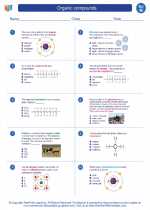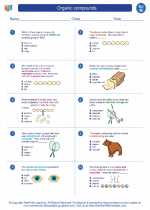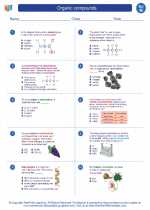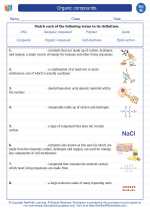Antibodies: Structure, Function, and Importance
Antibodies, also known as immunoglobulins, are Y-shaped proteins that are produced by the immune system in response to the presence of foreign substances called antigens. Antibodies play a crucial role in the immune response, helping the body to recognize and neutralize harmful pathogens such as bacteria and viruses.
Structure of Antibodies
Antibodies are made up of four polypeptide chains - two heavy chains and two light chains - that are linked together to form a Y-shaped structure. Each antibody has a variable region at the tips of the Y arms, which is responsible for binding to specific antigens, and a constant region that determines the antibody's functional properties.
Function of Antibodies
Antibodies function by binding to antigens with high specificity, marking them for destruction by other immune cells, and neutralizing their harmful effects. This process can lead to the elimination of the antigen from the body and the development of immunological memory, providing long-term protection against future exposure to the same antigen.
Types of Antibodies
There are five main classes of antibodies, each with distinct functional properties: IgM, IgG, IgA, IgD, and IgE. IgM is the first antibody produced during an initial immune response, while IgG is the most abundant and provides long-term immunity. IgA is found in mucosal surfaces and helps to prevent infections, IgD is involved in the activation of B cells, and IgE plays a role in allergic reactions.
Importance of Antibodies
Antibodies are essential for the proper functioning of the immune system and play a critical role in protecting the body against infectious diseases. They are also used in diagnostic tests, therapeutic treatments, and vaccine development, making them invaluable tools in modern medicine.
Study Guide: Antibodies
- Describe the structure of antibodies and the role of variable and constant regions.
- Explain the function of antibodies in the immune response, including antigen recognition, neutralization, and immunological memory.
- Compare and contrast the five classes of antibodies, highlighting their unique features and roles in immunity.
- Discuss the importance of antibodies in protecting the body against infectious diseases and their applications in medicine.
- Explore the different techniques used to study antibodies, such as ELISA, Western blotting, and immunofluorescence.
Understanding the structure, function, and importance of antibodies is crucial for grasping the complexities of the immune system and its role in maintaining overall health and well-being.
[Antibodies] Related Worksheets and Study Guides:
.◂Science Worksheets and Study Guides Eighth Grade. Organic compounds

 Worksheet/Answer key
Worksheet/Answer key
 Worksheet/Answer key
Worksheet/Answer key
 Worksheet/Answer key
Worksheet/Answer key
 Vocabulary/Answer key
Vocabulary/Answer key
 Vocabulary/Answer key
Vocabulary/Answer key
